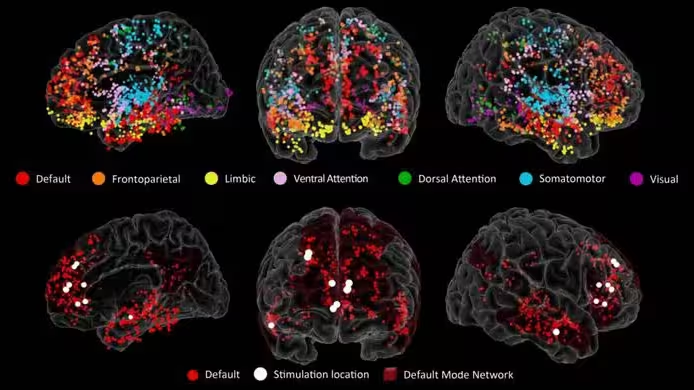Change your location to jumpstart creativity

Ohio State University research reveals Nobel laureates innovate faster by relocating, starting groundbreaking work years sooner.
Playful ‘lemonading’ helps people cope with adversity

A large-scale study from Oregon State University in the US shows how a playful outlook fosters resilience and creativity in difficult times, encouraging active adaptation.
How creativity is possible despite frustration

Researchers at the University of Surrey, UK, have found that embracing frustration enhances creativity by transforming negative emotions into motivation for persistence.
People hate stories they think were written by AI. Even if they were written by people

Researchers at the University of Florida in the USA found people rate AI-written stories poorly, even though they’re nearly as good as human ones.
Want to increase resiliency in kids? Teach creativity

Teaching primary school children creative literary techniques like perspective-shifting enhances their resilience, according to research by Ohio State University.
Indoor air pollutants could have an impact on creativity

Air quality in the office may affect our level of creativity at work, scientists at Nanyang Technological University, Singapore (NTU Singapore) have found.
See-through wrought iron VW Beetle

Here’s something you don’t see every day: a see-through 1968 VW Beetle made from wrought iron by Canadian enthusiast Brian Mentley, recently going viral on social media.
Polly Pocket’s ‘90s-era compact is now life-sized Airbnb

Toy company Mattel is celebrating Polly Pocket’s 35th anniversary by offering a life-sized replica of her iconic compact on Airbnb in Massachusetts.
Your brain in the zone: A new neuroimaging study reveals how the brain achieves a creative flow state

Researchers from Drexel University in the United States found that expertise and letting go are key to achieving creative flow, especially in jazz musicians.
Study pinpoints origins of creativity in the brain

Researchers at the University of Utah Health in the USA have used advanced brain imaging to uncover the neurological basis of creative thought.
